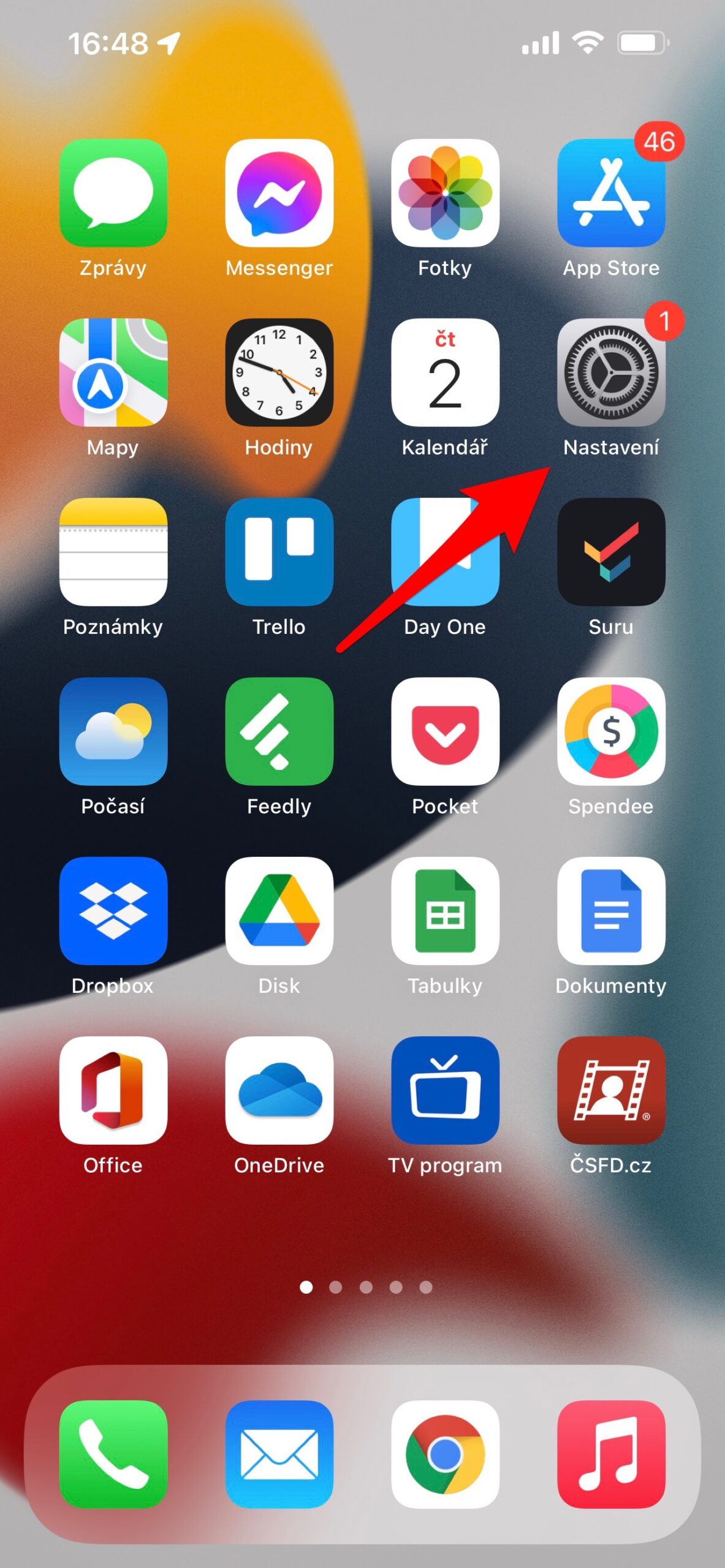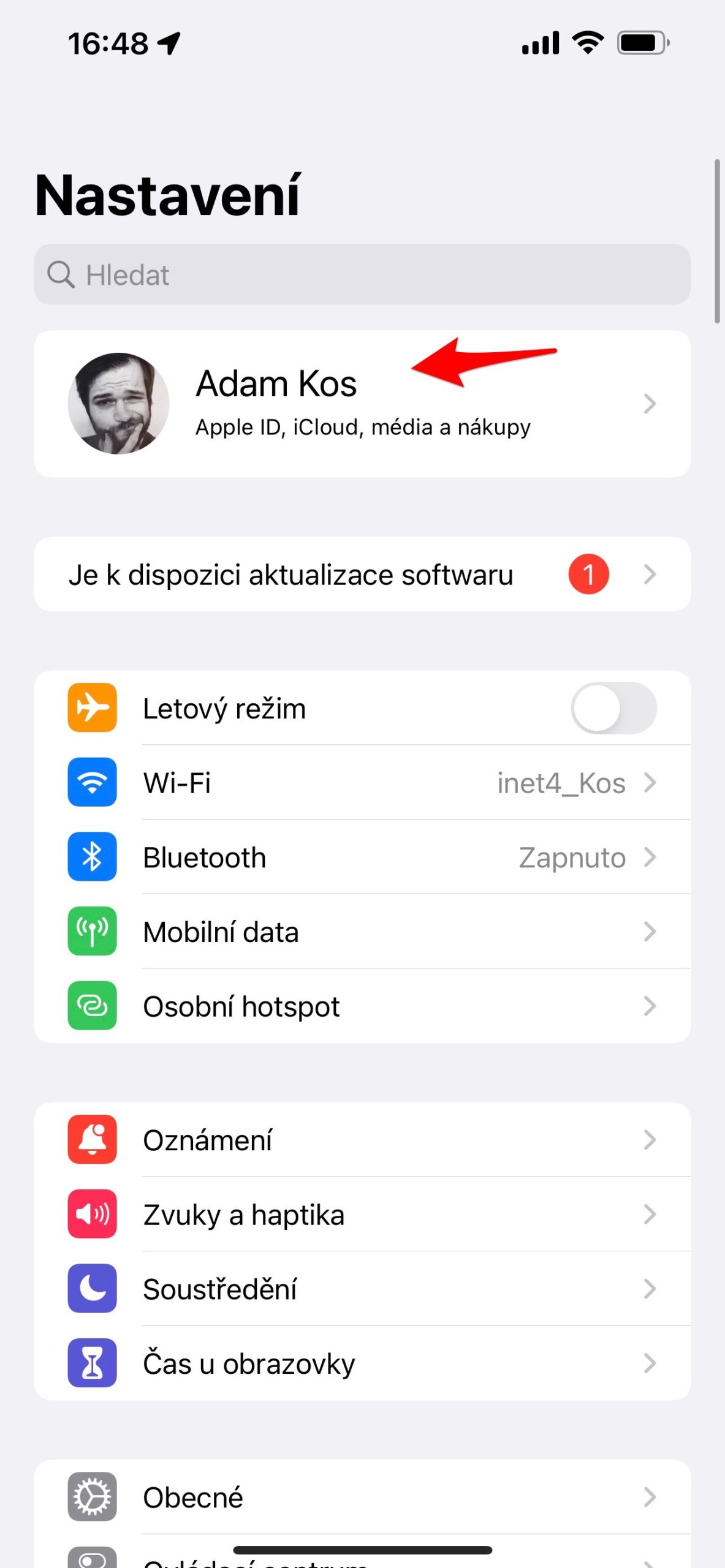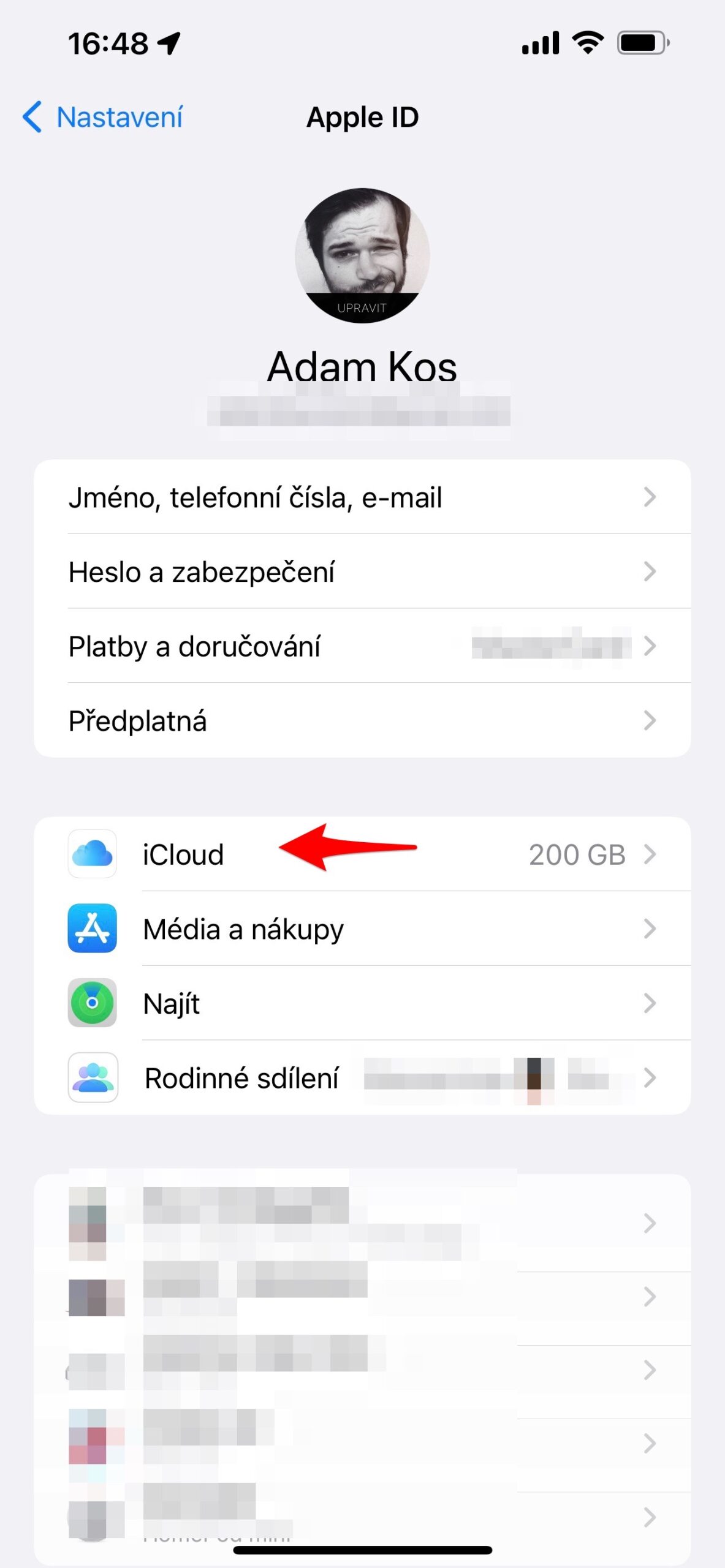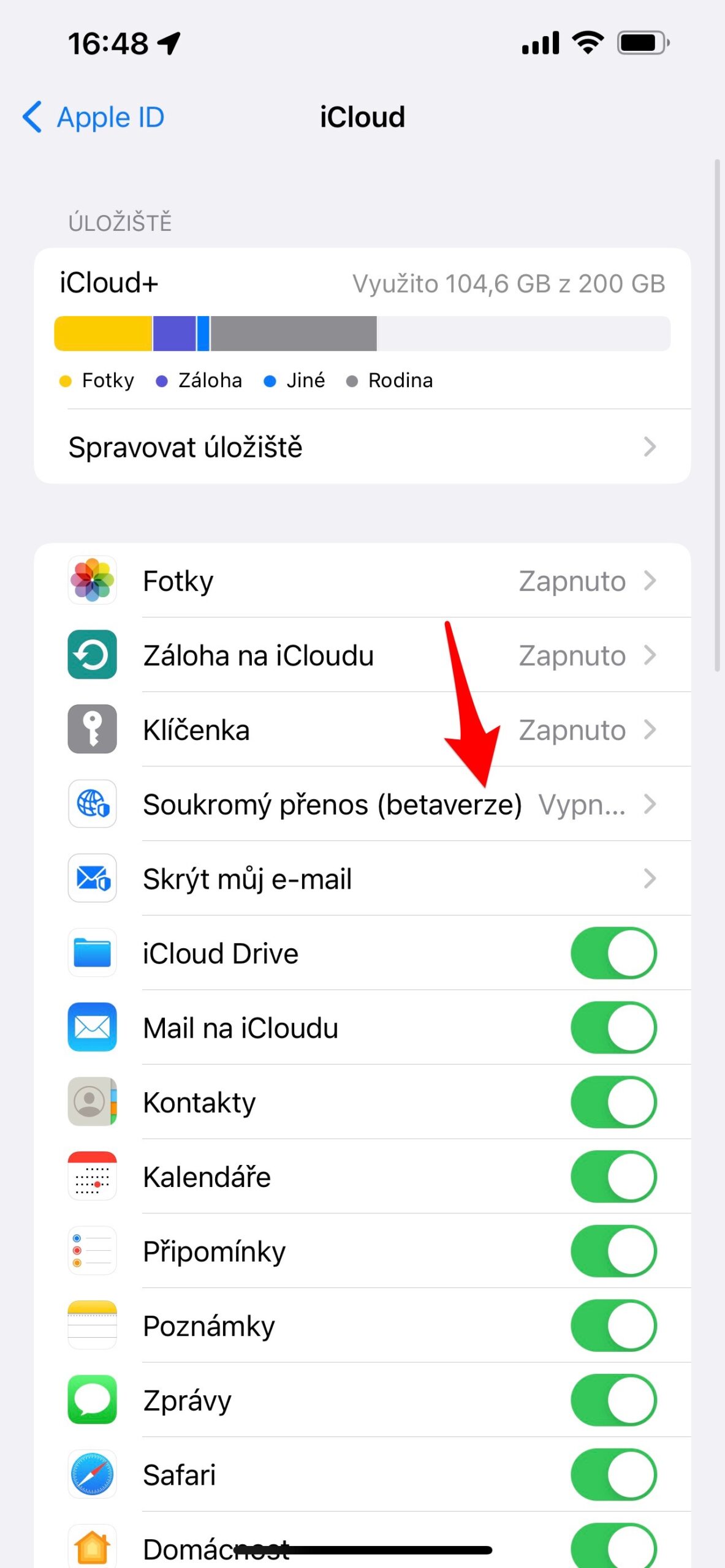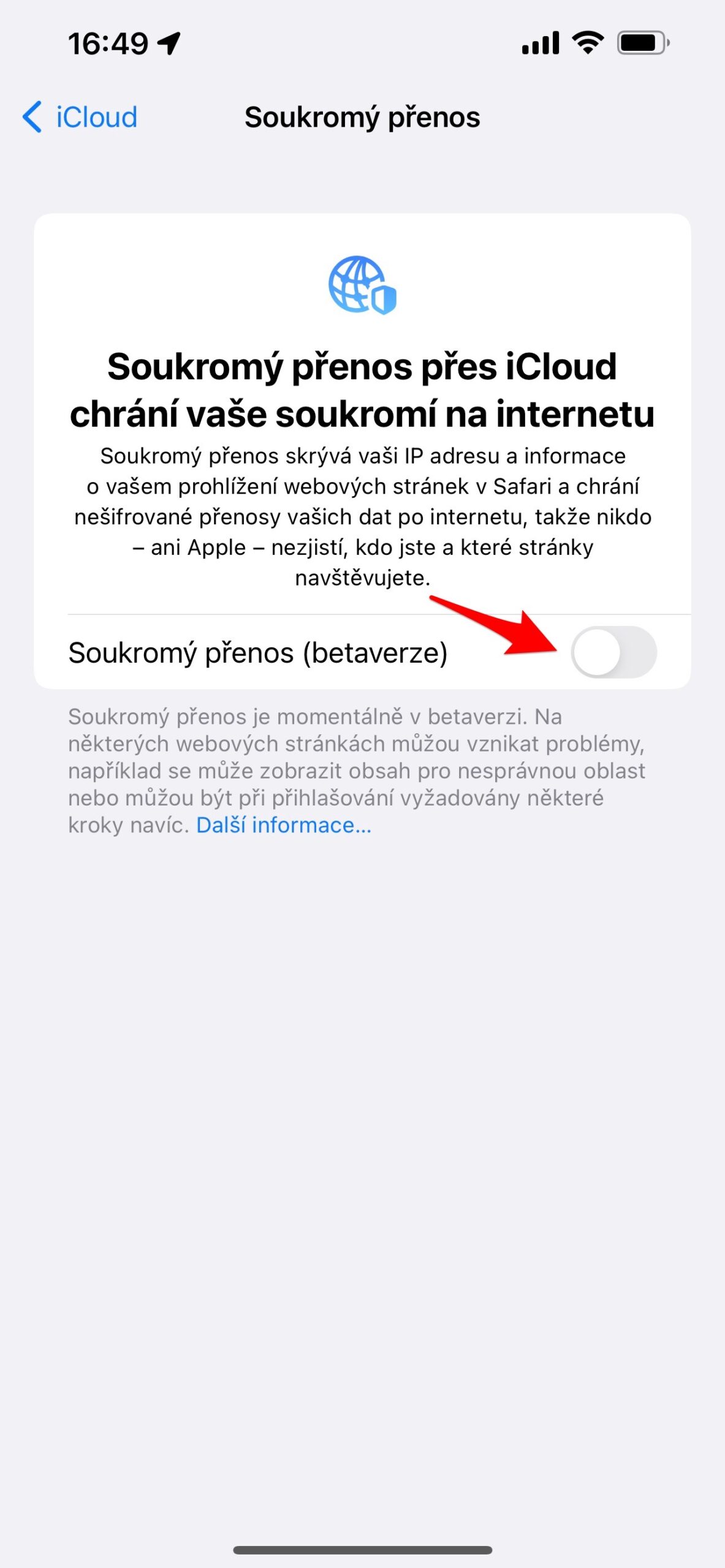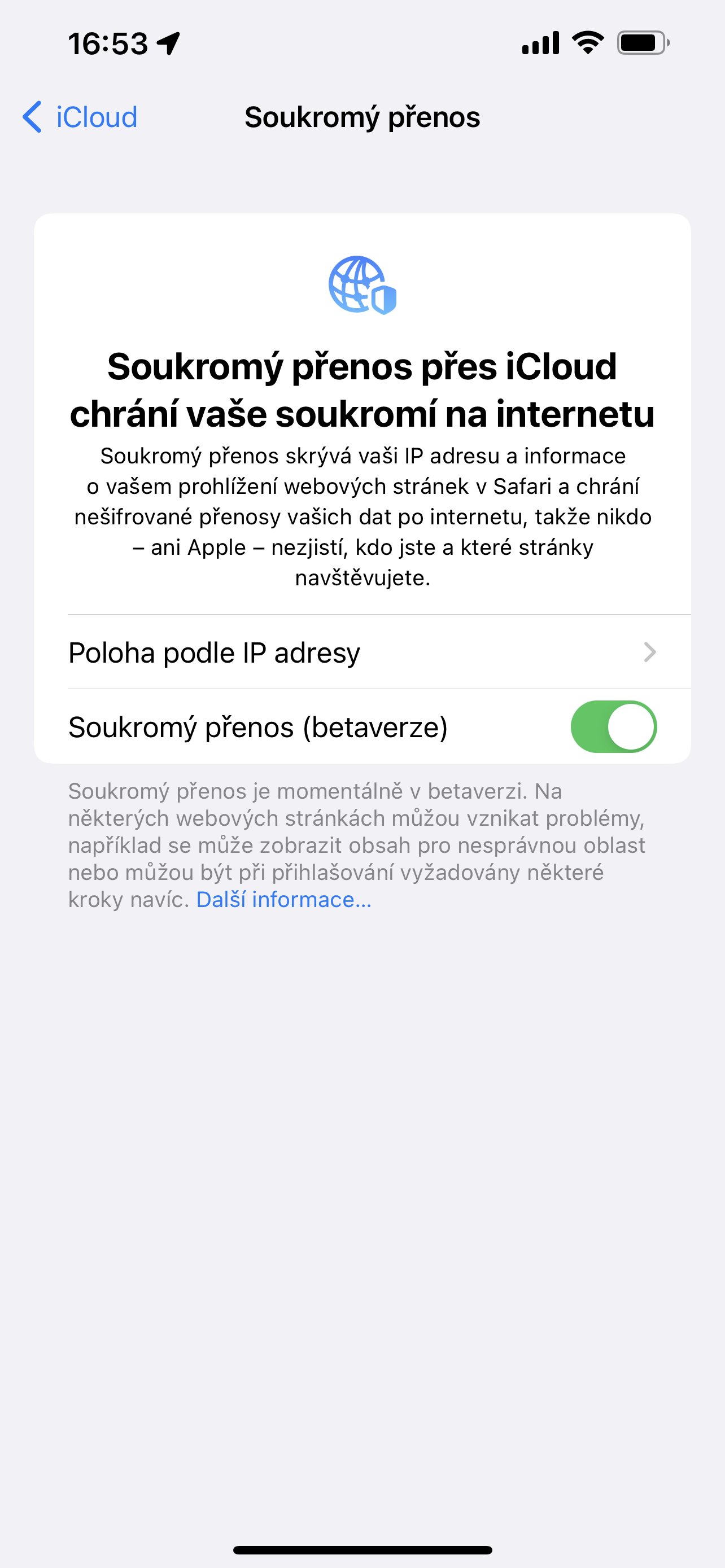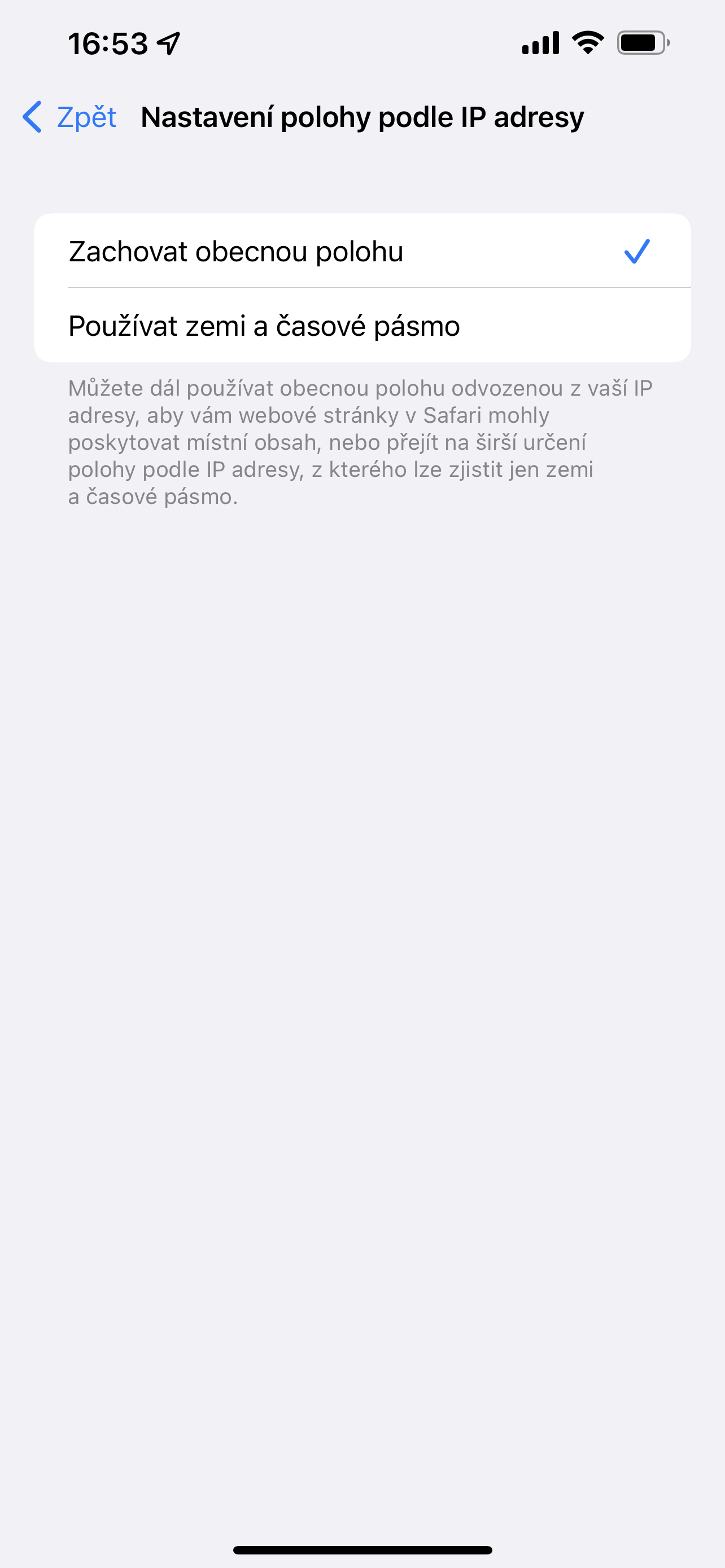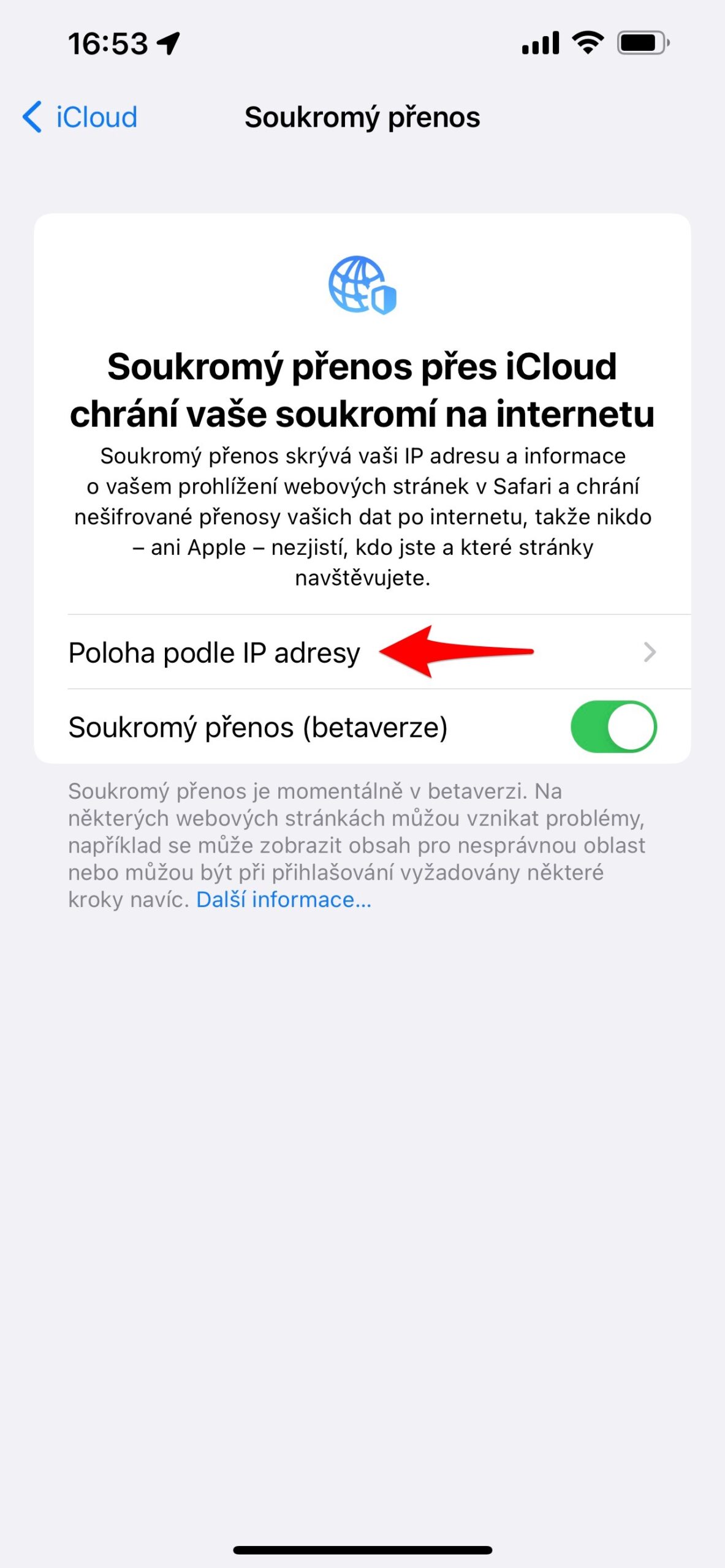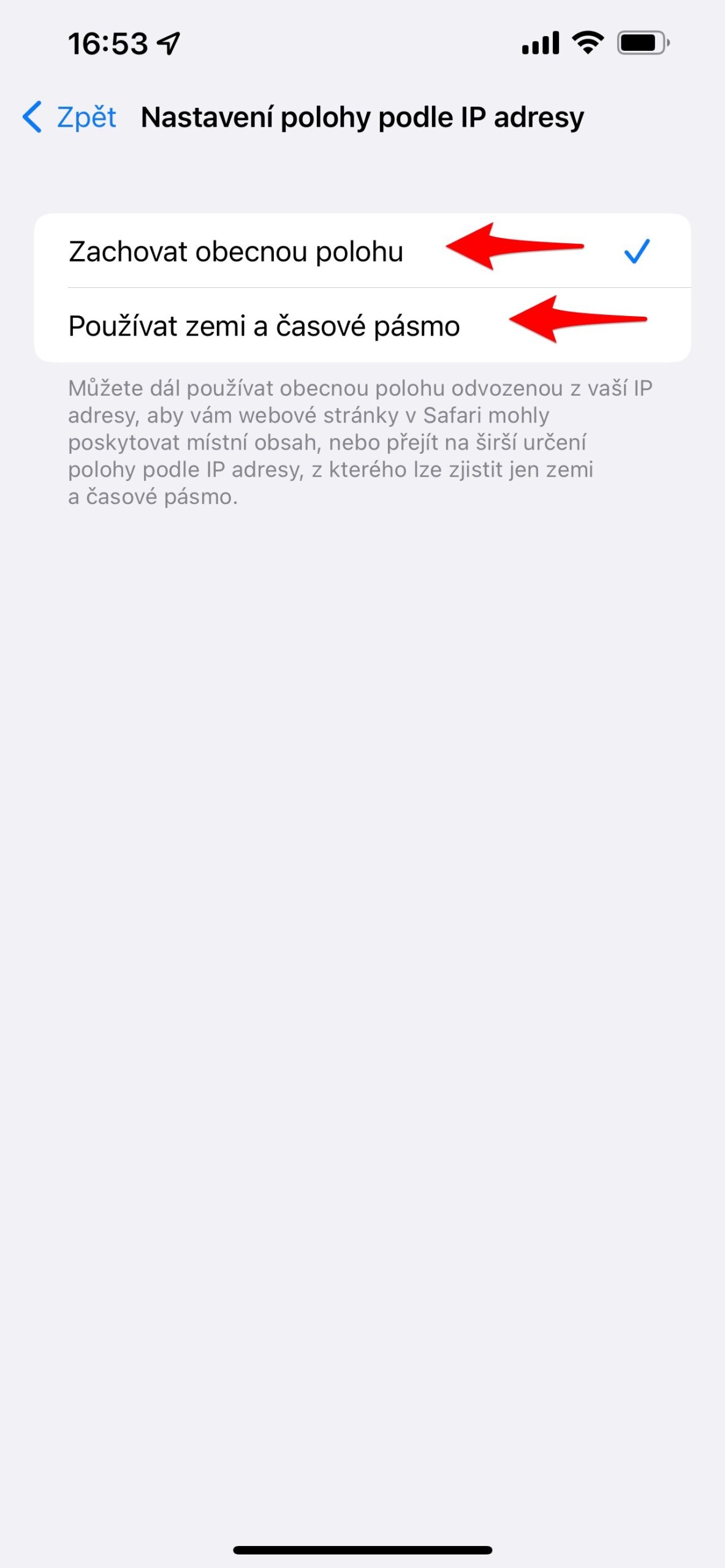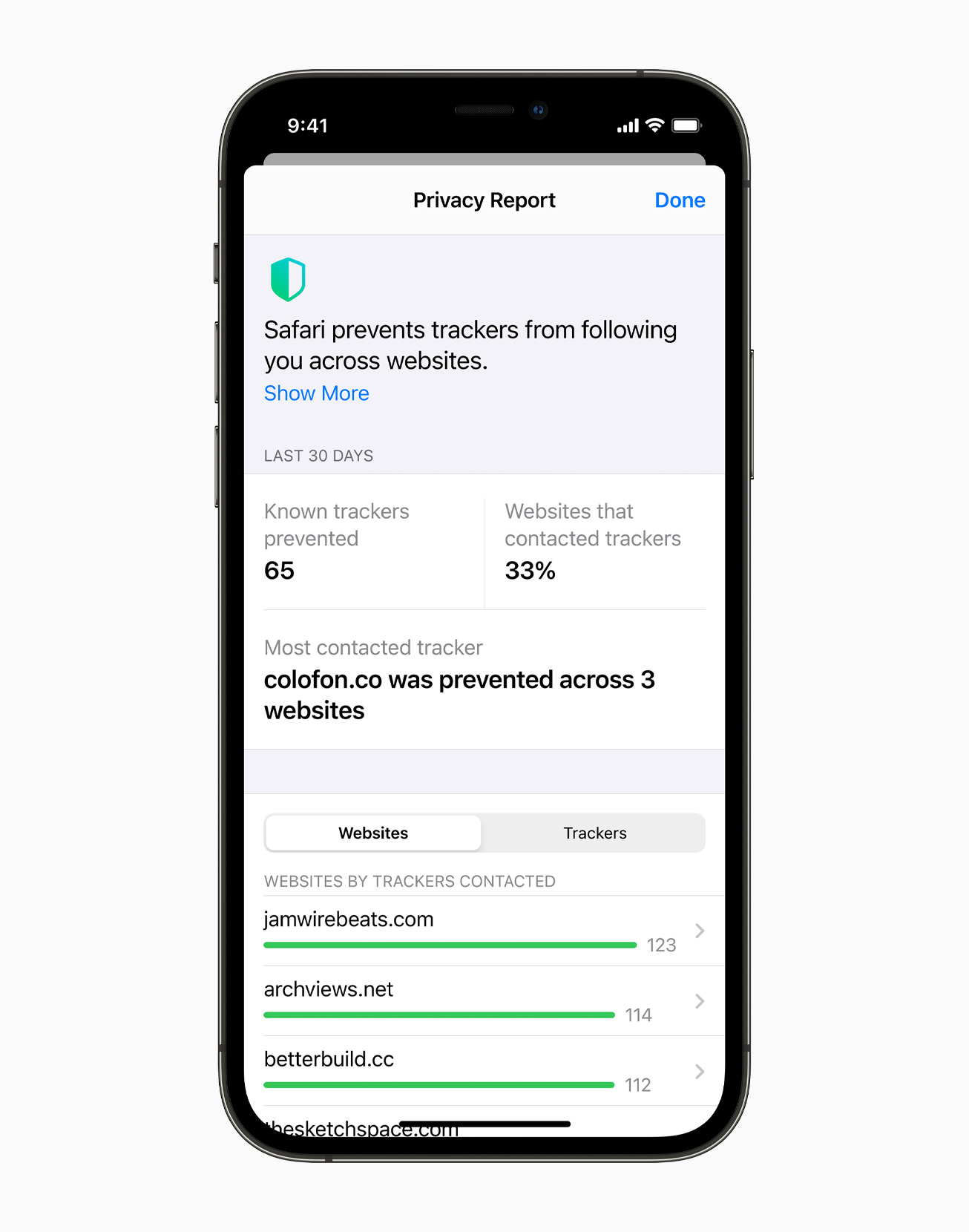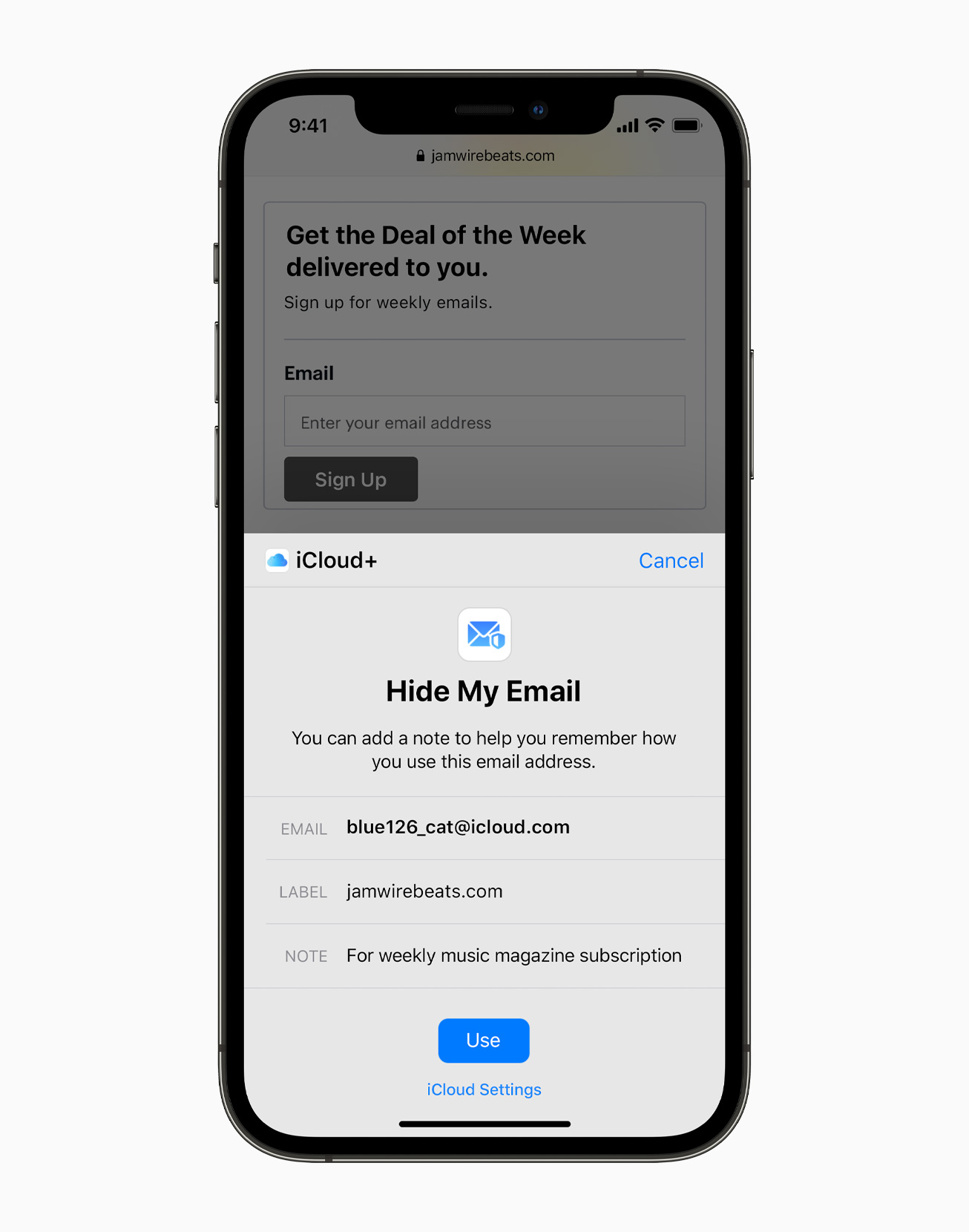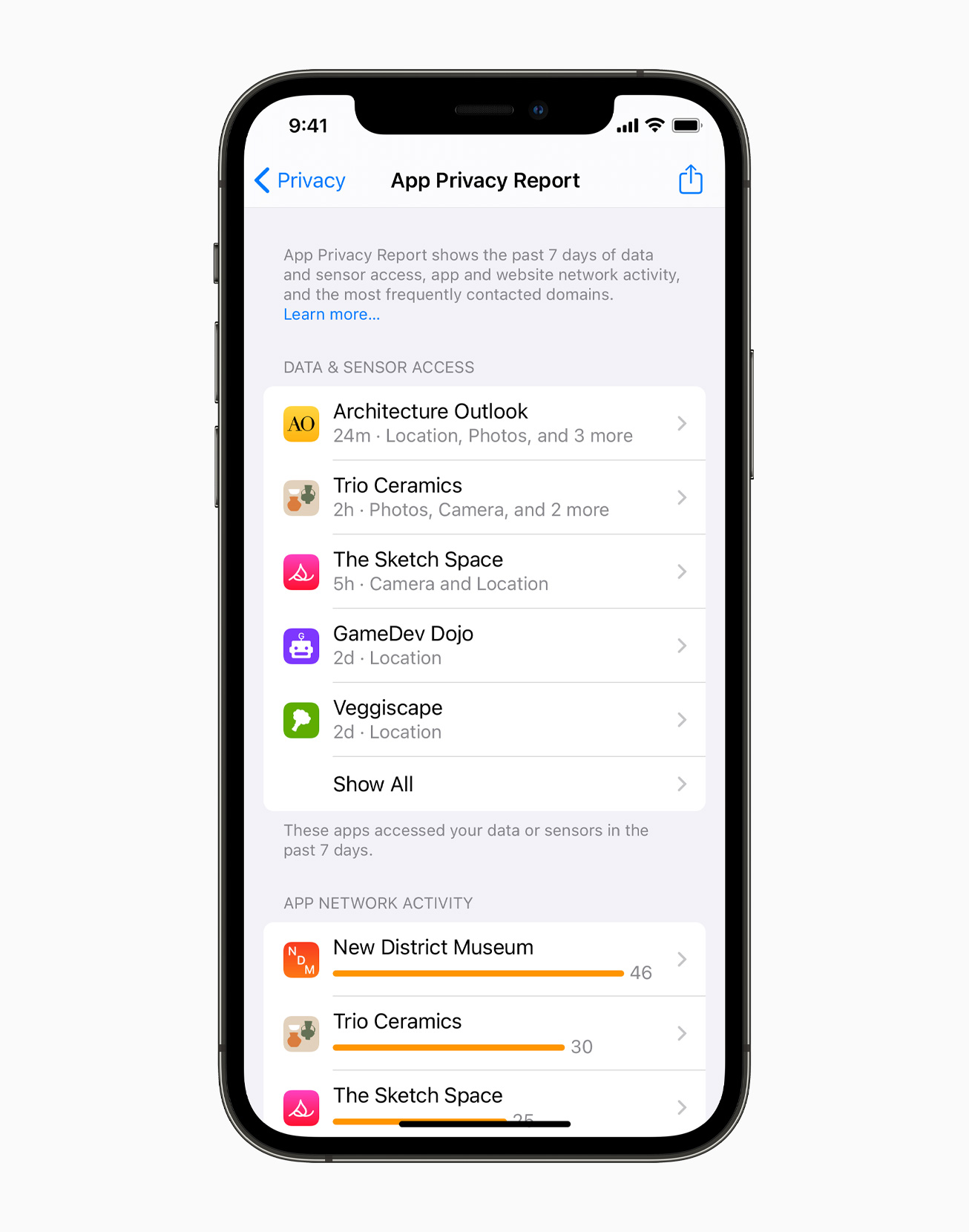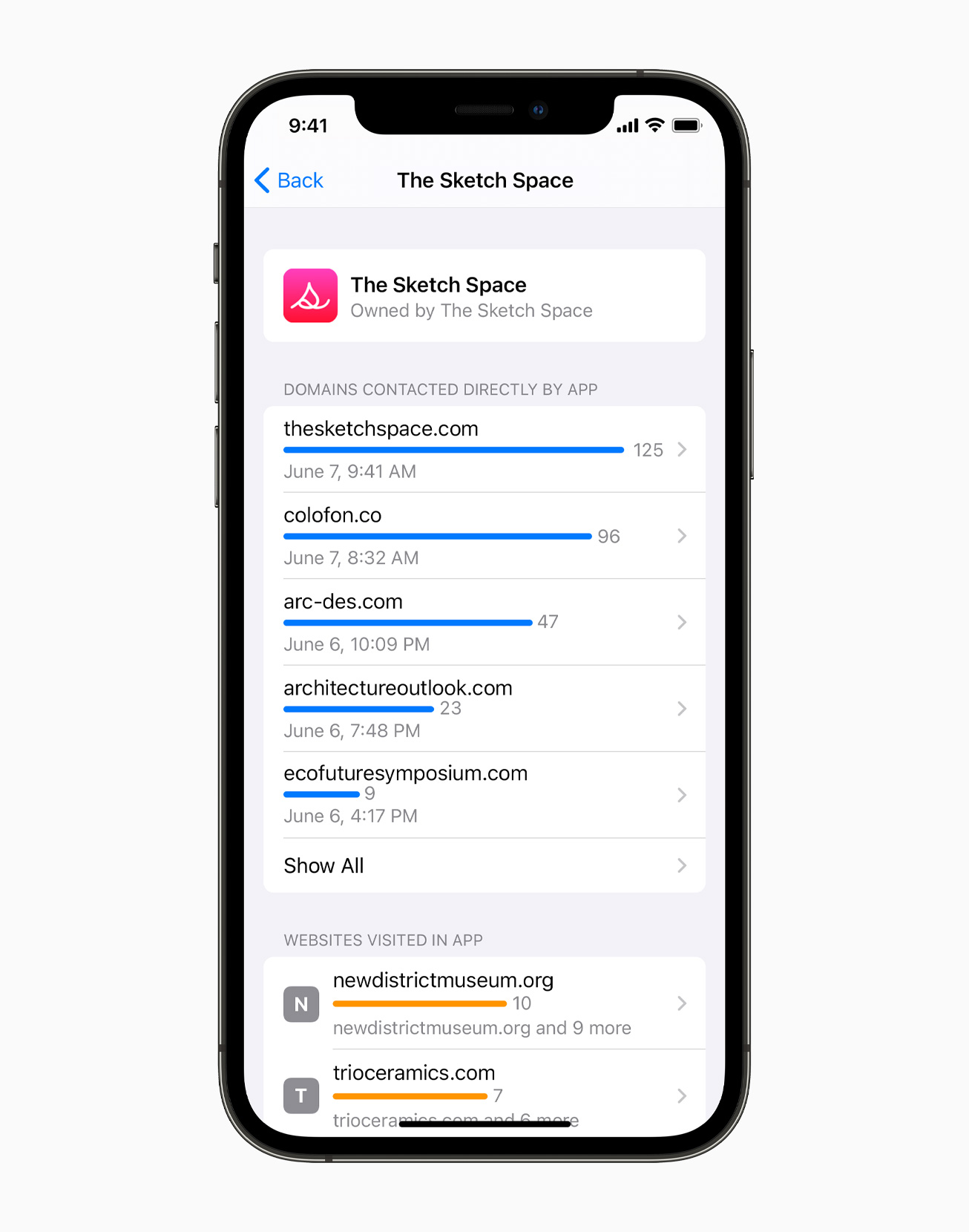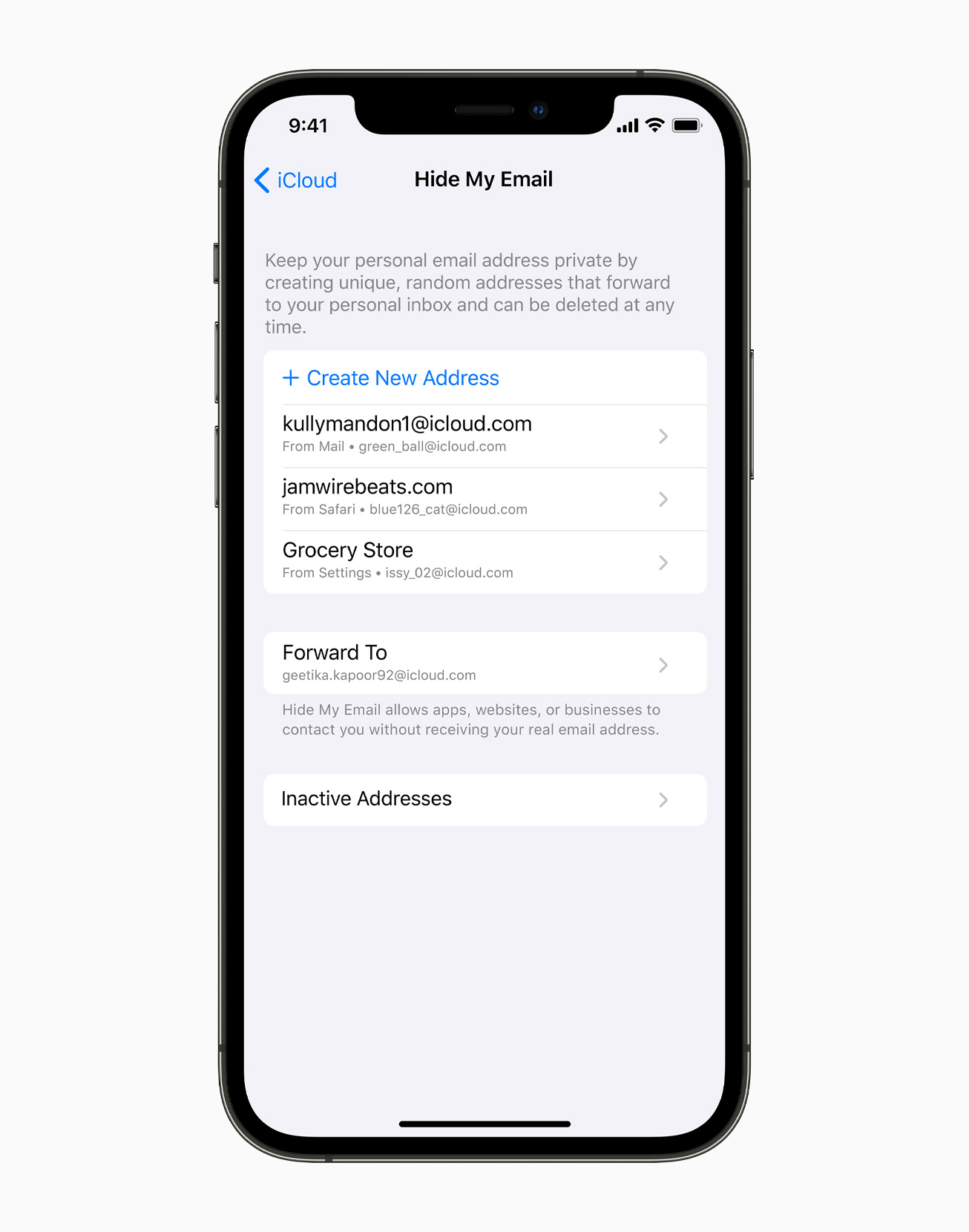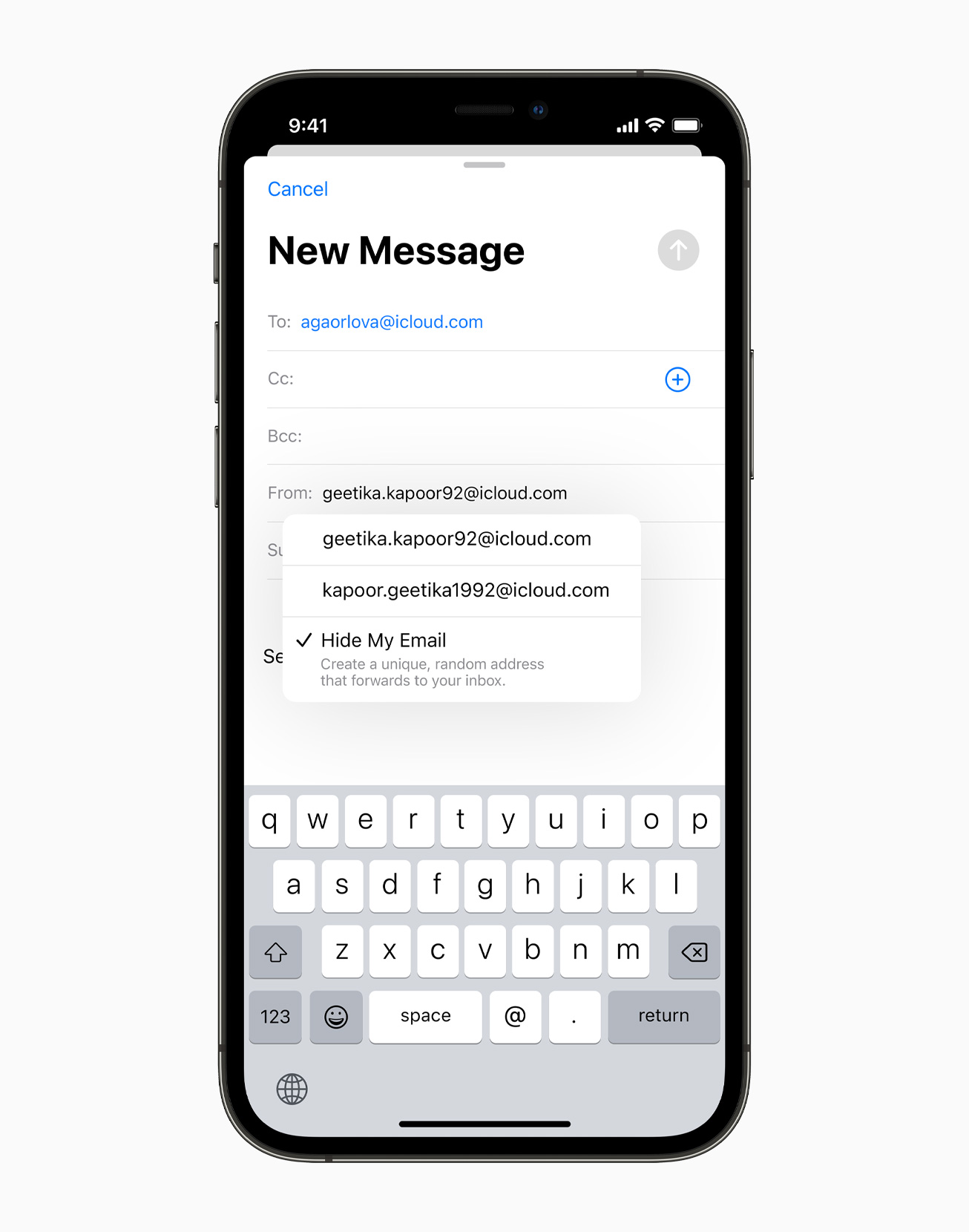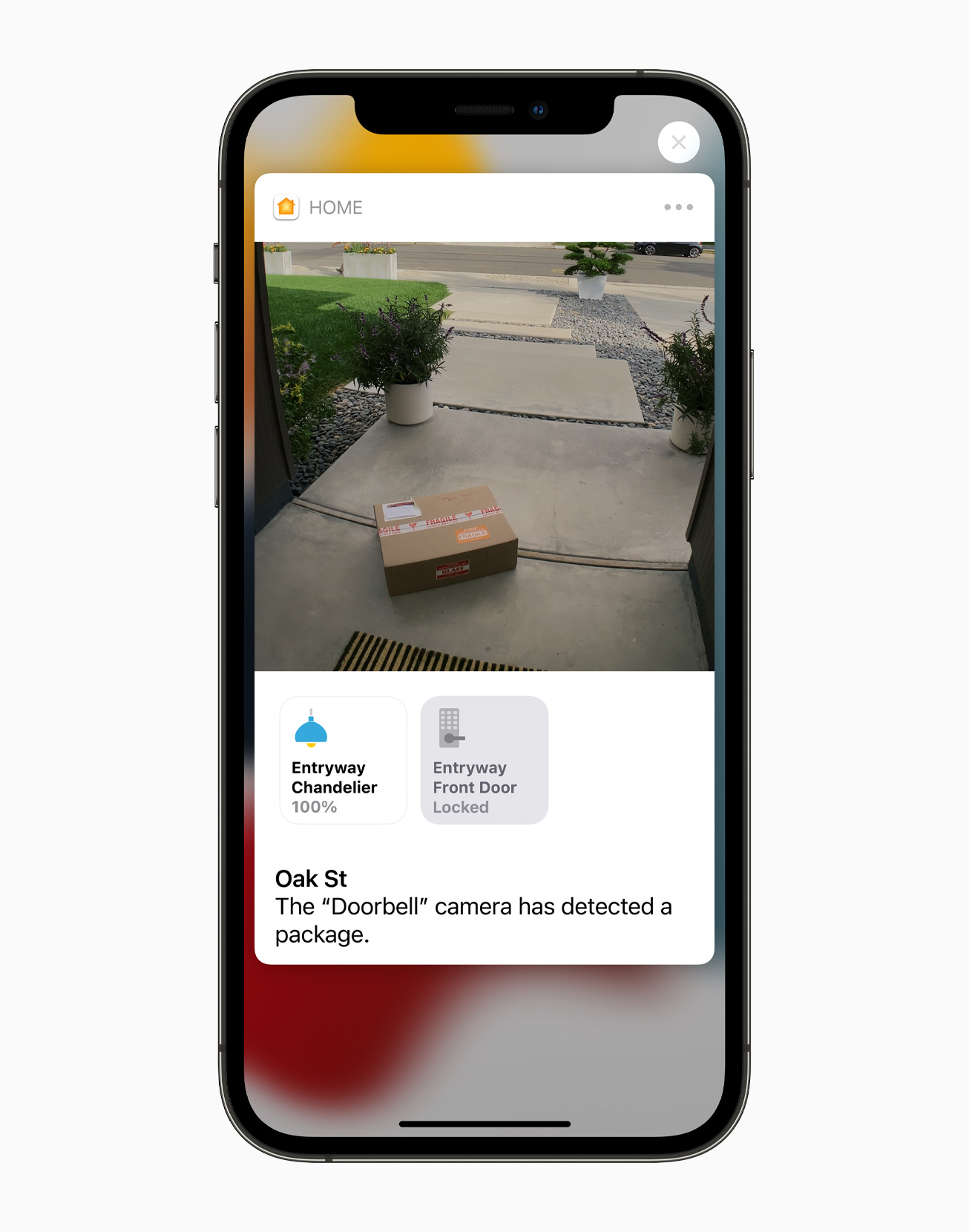At WWDC21, Apple introduced the iCloud+ prepaid service, within which it also launched the iCloud Private Relay function. This feature is intended to provide users with additional security by preventing the sharing of IP address and DNS information from websites. But the feature is still in the beta stage, which Apple could change later this year. The question is how.
If you pay for higher iCloud storage, you automatically use iCloud+ services, which also gives you access to private streaming. To use it, go to on your iPhone Settings, choose your name at the top, give iCloud and subsequently Private Transfer (beta), where to activate it. On a Mac, go to System Preferences, click on Apple ID and here, in the right column, there is an option to turn on the function.
However, it should be mentioned that the function is currently intended mainly for use with the Safari web browser and possibly the Mail application. This is the biggest limitation, because if someone uses titles such as Chrome, Firefox, Opera or Gmail, Outlook or Spark Mail and others, iCloud Private Relay misses its effect in such a case. So it would be quite convenient and useful for all users if Apple made the system-level feature to be always on regardless of the title being used.
It could be interest you
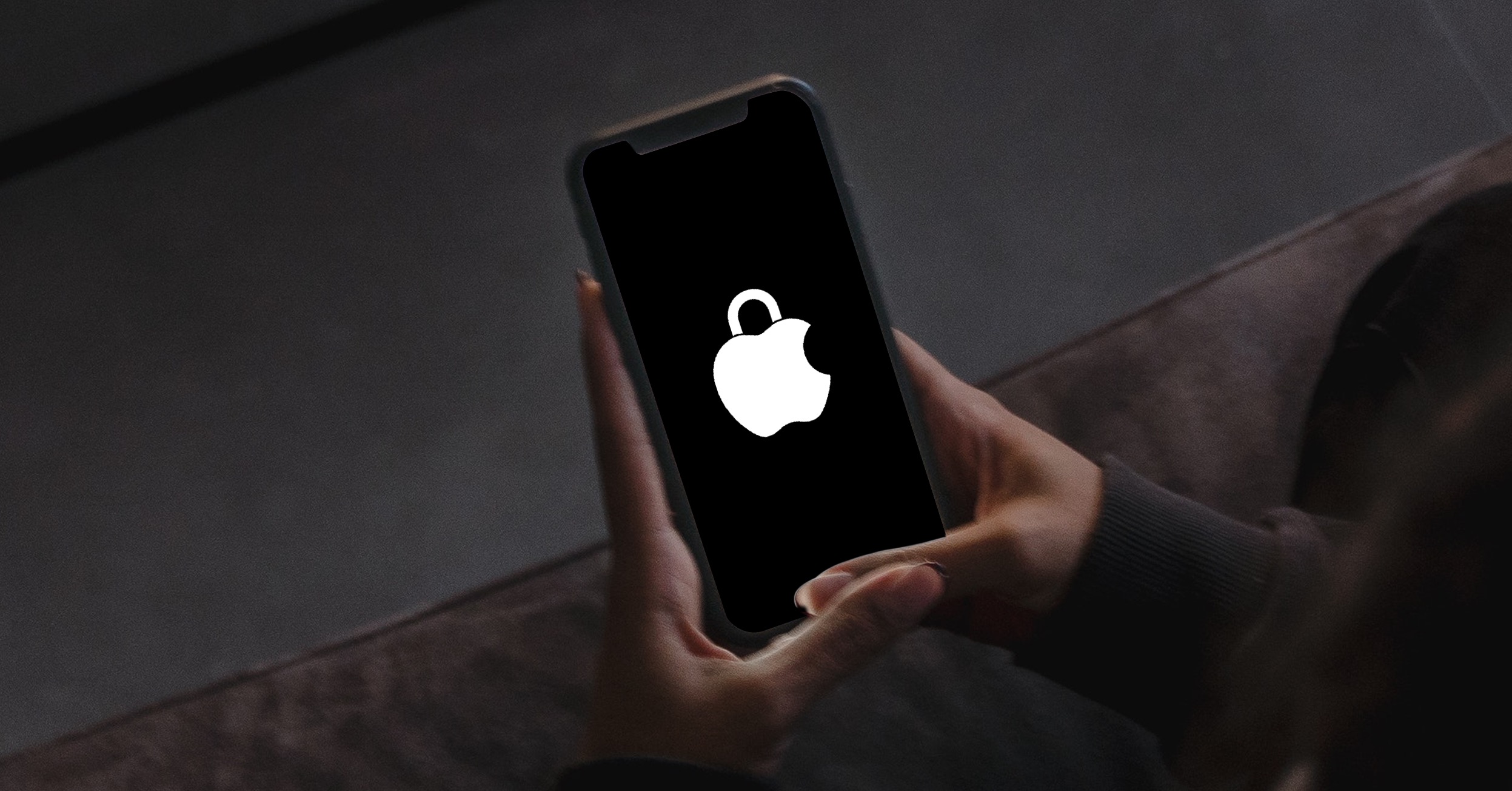
One problem after another
First of all, it is about the company making the beta version a full-fledged feature, because this way it is still very controversial and Apple can also refer to certain limitations, which is certainly not good. Now in addition it turned out, that the function ignores the firewall rules and still sends some data back to Apple, which originally thought it would not collect it in any way.
British operators moreover, they are still opposing the function. They say it harms competition, worsens the user experience and hinders the efforts of law enforcement agencies to tackle serious crime and calls for its regulation. So it should basically be turned off and distributed as a standalone app, not an element integrated into iOS and macOS. So it is the exact opposite of what is said above.
Of course, it is directly suggested that the feature will lose its "beta" moniker with the arrival of the new iOS and macOS operating systems. The sharp version should be available in September this year, and we should find out what it will bring already at the WWDC22 developer conference in June. But it is also quite possible that nothing will change this year, precisely because of the wave of various discontent. In the same way, Apple pushed back the possibility of enabling/disabling user tracking by applications and websites.
